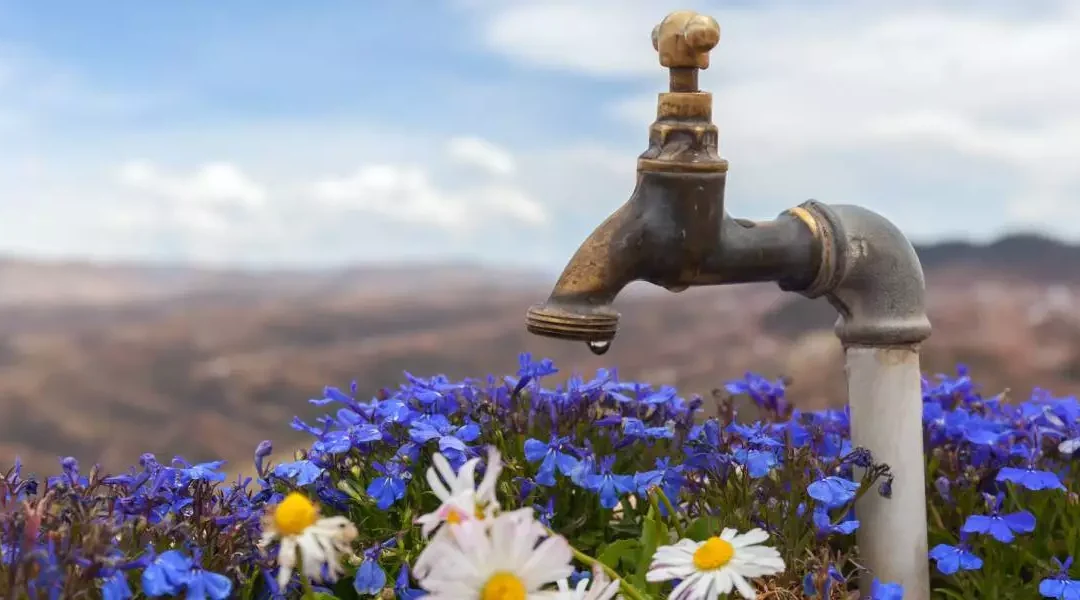As you gear up to start your spring cleaning, it may also be a good time to check in on your plumbing system. With April showers on the way, it’s important that your plumbing is functioning at its best to keep your home protected. Follow these 5 spring plumbing tips to ensure that your system in good shape:
1. Check Around Your Home For Leaks
Cold weather causes the water within your pipes to expand, which may lead to cracking or bursting if the pipes were not fully winterized. That’s why it’s important to carefully check around your home for any damaged pipes. Since your outdoor plumbing and pipes located near exterior walls are most vulnerable to breaking in the winter, it’s a good idea to check these areas first. And, if you notice any burst or leaking pipes, you should contact a professional plumber to get help and minimize the damage.
2. Turn Outdoor Faucets Back On
Turning on outdoor faucets not only prepares you for spring gardening, but it also lets you check in on how your plumbing is working. If you turn the faucets back on and the water flows very slowly or weakly, then there may be damage somewhere in your system. Similarly, if your faucets drip or you notice water indoors when the faucets are turned on, then you should contact a professional to diagnose and fix the problem.
3. Drain Your Water Heater
Over time, sediment will collect in the bottom of your water heater. If this sediment isn’t flushed out, it could impact the performance and lifespan of your unit, and even lead to costly damage. As a general rule of thumb, it’s a good idea to drain your water heater twice per year, making spring a great time to tackle the job. Be sure to carefully follow the manufacturer’s instructions if you plan to drain the water heater yourself, or work with an expert who can take care of the job quickly and easily for you.
4. Test Your Sump Pump
Spring is one of the rainiest times of year, especially here in the Pacific Northwest. To ensure your home is protected from flooding and water damage, it’s important to check that your sump pump is working properly. Begin by checking that the pump is plugged in correctly, and then dump a bucket of water into the pit. If the sump pump cannot clear the water, then you should speak with a professional to get it up and running again.
5. Clear Out Your Storm Drains
Debris caught in your storm drains can cause major issues during rainy months. To prevent water from pooling on your property and potentially seeping into your home, go around your property and carefully clear out anything that could block your storm drains. Or you can contact a professional to schedule storm drain cleaning services so you can sit back and let an expert handle the rest.


